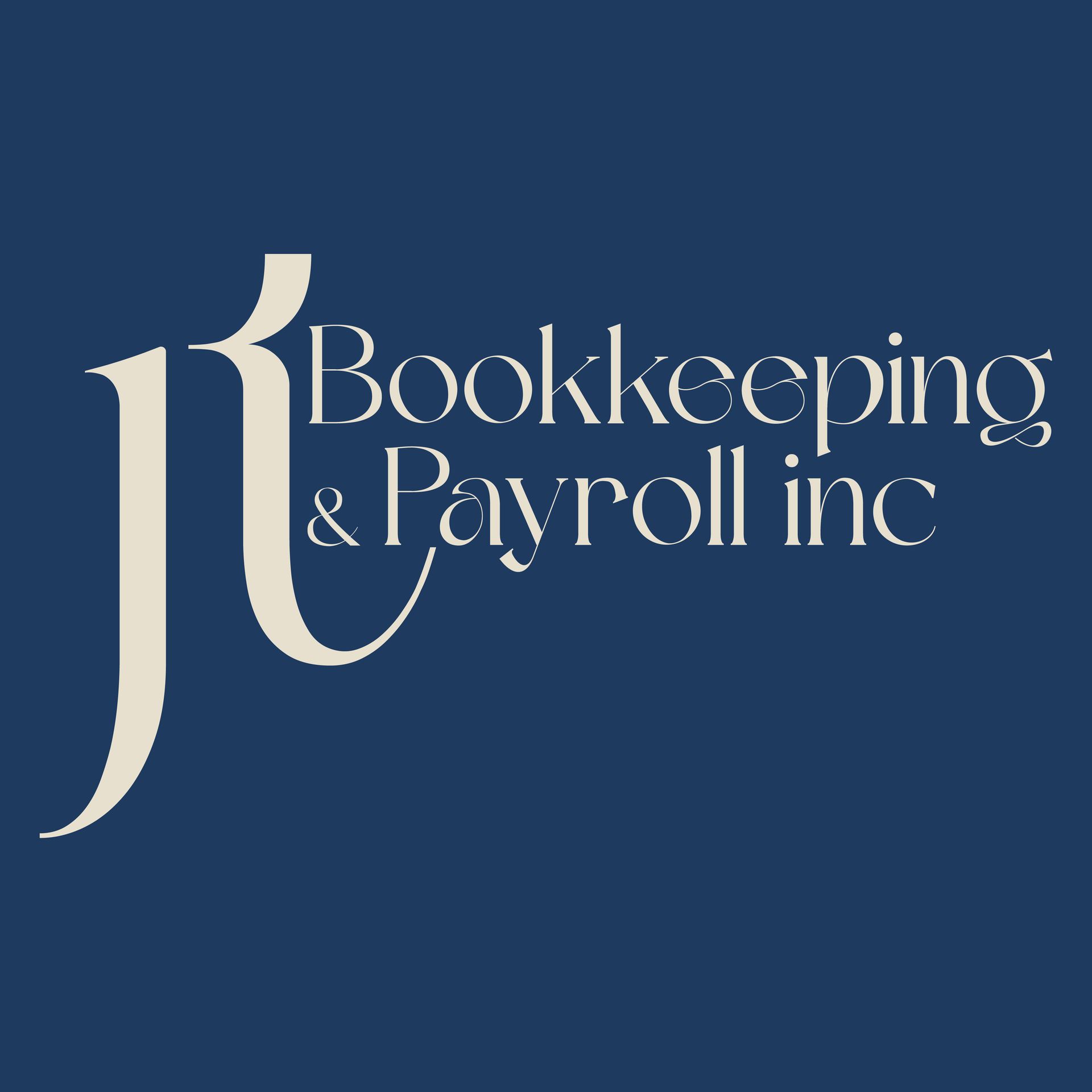Navigating Seasonal Tax Preparation in Canada: What Small Businesses Need to Know
Understanding Seasonal Tax Preparation
As a small business owner in Canada, navigating the complexities of tax preparation can be daunting. With seasonal changes affecting your business cycle, it’s crucial to understand how these variations impact your tax obligations. By staying informed and organized, you can ensure compliance and potentially save money.

The Importance of Early Planning
Early planning is essential for successful tax preparation. Begin by reviewing your financial statements and ensuring all records are up-to-date. This will help you identify any discrepancies and address them before the tax season arrives. Additionally, consider setting aside a portion of your income throughout the year to cover potential tax liabilities.
Implementing a systematic approach to record-keeping can prevent last-minute scrambles. Utilize accounting software to track expenses and income accurately. Regularly updating your records will make the tax filing process smoother and less stressful.
Key Tax Deadlines
Understanding key tax deadlines is vital. For most small businesses in Canada, the fiscal year ends on December 31st, with tax returns due by June 15th. However, any taxes owed must be paid by April 30th to avoid interest charges. Make sure to mark these dates on your calendar and plan accordingly.

Eligible Deductions and Credits
Taking advantage of eligible deductions and credits can significantly reduce your tax liability. Common deductions include business expenses such as office supplies, travel costs, and employee wages. Additionally, explore industry-specific credits that may apply to your business.
Consulting with a tax professional can provide insights into lesser-known deductions and help maximize your savings. They can also offer guidance on structuring your expenses to benefit your business financially.
Considerations for Seasonal Businesses
Seasonal businesses face unique challenges when it comes to tax preparation. Fluctuating income levels and seasonal employees can complicate your tax situation. It’s important to account for these variations when planning for taxes.

Consider adjusting your tax strategy to accommodate periods of high and low revenue. This might involve adjusting your estimated tax payments or reassessing your financial projections. Being proactive can prevent unexpected tax liabilities and cash flow issues.
Leveraging Professional Assistance
While some small business owners prefer handling taxes themselves, hiring a professional accountant can be beneficial. A qualified accountant can provide expert advice, ensure compliance with tax laws, and help identify potential savings. Their expertise can be especially valuable for businesses with complex tax situations.
Ultimately, investing in professional assistance can save you time and reduce the risk of costly errors. Consider this option if you’re unsure about navigating the intricacies of tax preparation.
Final Thoughts
Preparing for tax season doesn’t have to be overwhelming. By understanding your obligations, planning ahead, and seeking professional guidance when necessary, you can navigate seasonal tax preparation with confidence. Staying informed and organized is key to managing your small business’s financial health effectively.

